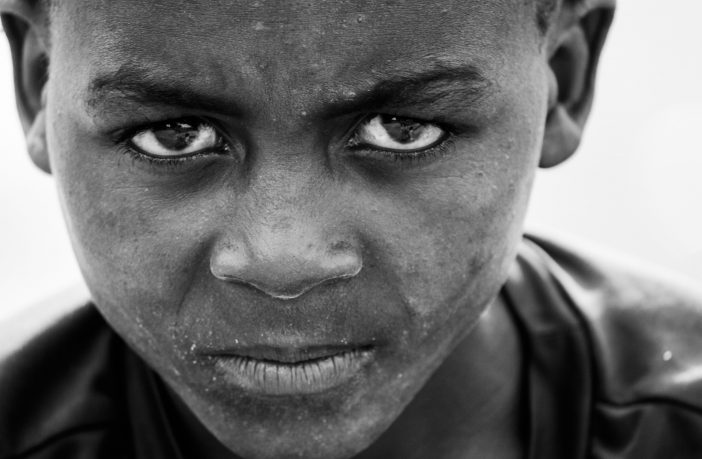- The locus of clean energy activity had shifted noticeably from “North” to “South”.
- The trend is primarily due to reductions in equipment costs and new business models that enable access to capital.
- The report confirms that a heterogeneous mix of funding sources has supported growth.
- Rwanda rounds out the top five thanks to its unprecedented progress in expanding generation capacity and electrification over the last decade.
The Bloomberg NEF latest Climatescope Report – Emerging Markets Outlook 2018 highlights that developing nations are today leading a global clean power transition. This marks a remarkable turnabout from a decade ago when the world’s wealthiest countries accounted for the bulk of renewable investment and deployment activity. Bloomberg NEF is a leading provider of primary research on clean energy.
Last year’s Climatescope documented how the locus of clean energy activity had shifted noticeably from “North” to “South”, from OECD to non-OECD countries. This year’s survey goes one step further by illustrating how less developed nations are now very much ‘driving’ the energy transition.
The trend is primarily due to reductions in equipment costs and new business models that enable access to capital. The report confirms that a heterogeneous mix of funding sources has supported growth. Consider:
- The vast majority of clean energy capital deployed in emerging markets came from local sources. This was largely due to the heavy influence of domestic development banks and credit agencies in China and Brazil.
- Foreign direct investment (FDI) supporting clean energy rose to an all-time high. It jumped to $21.4 billion in 2017 from $13.9 billion in 2016. EU-based sources provided the largest share at $9.6 billion, followed by the U.S. with $5.1 billion and Asia with $4.8 billion.
- Private capital is playing a growing role in clean energy FDI. While funding from development banks and export credit agencies remained flat from 2016 to 2017, funding from international utilities, project developers and commercial banks surged to $9.8 billion.
- The largest international funder of non-hydro renewables in developing nations over the last decade is Enel – by far. The Italian utility and independent power producer has provided $7.2 billion to projects mainly in Latin America. Other EU-based utilities have also been very active.
Chile is the top scorer in this year’s Climatescope survey. The Andean nation fared well on all three parameters thanks to strong government policies, a demonstrated track record of clean energy investment, and a commitment to de-carbonization despite grid constraints.
India is the close second while Rwanda rounds out the top five thanks to its unprecedented progress in expanding generation capacity and electrification over the last decade. Since 2010, approximatively 4.3 million of the country’s 11.8 million inhabitants have gained access to electricity.
The report also highlights that many emerging markets are also the biggest installers of new coal capacity. India and China are reported to account for 81% of newly added coal-fired power stations.
Author: Bryan Groenendaal
Read the full Climatescope Report















